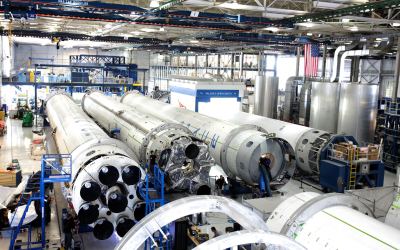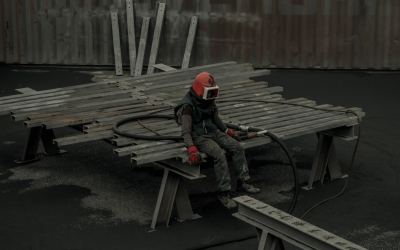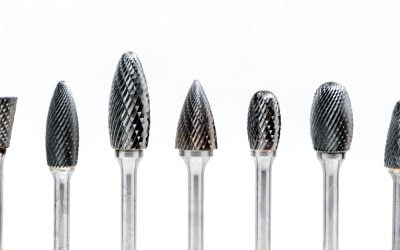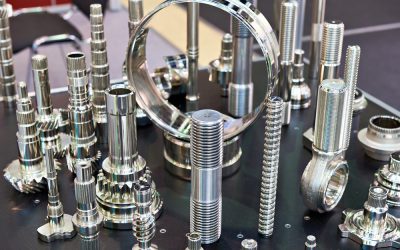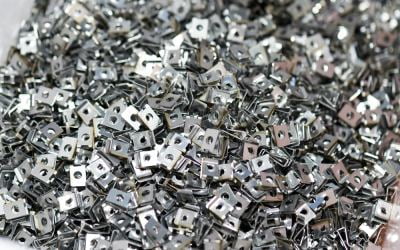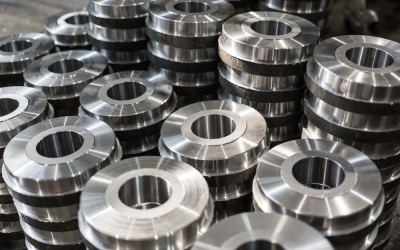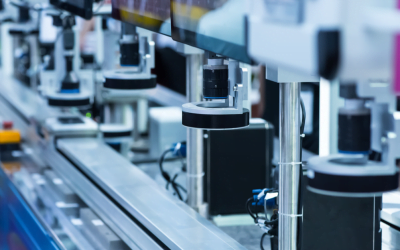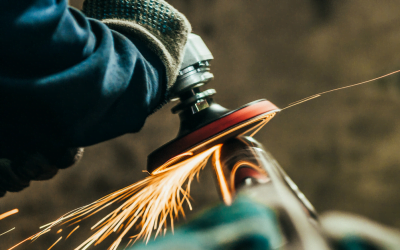Blog
What Makes a Product Line Run Efficiently?
Product lines need to run effectively for a business's output to be maximized. Here are a few tips on identifying issues and points of improvement, as well as what deburring can do to give the line an efficiency edge as well. How are you operating the line...
Abrasive Blasting, “Sandblasting” Safety Tips
Sandblasting can be an extremely effective way to reduce the impact of rust on metal, clear off paint, and anything left over on a surface. To accomplish this task safely, here are a few tips to make sure you stay safe. Earplugs, earmuffs Always wear...
What Are the Different Types of Burrs?
What Is Deburring? Deburring is a supplementary procedure of a machining process that improves the final quality of the product by eliminating raised edges and undesirable fragments of material left by the previous machining processes, known as burrs. Shearing,...
What is Deburring?
If you’re regularly working with machine parts, then you’ve surely come across unwelcome irregularities in the form of burrs. These deformities can be very annoying to deal with, on top of reducing the safety and functionality of each affected piece. It’s...
The Importance of Metal Finishing
Metal finishing aids in the reduction of wear and tear on metallic products. Aside from aesthetics, it has a wide range of industrial applications. It helps to improve electrical conductivity, torque resistance, and metal solderability, among other things. Why...
2 Types of Deburring Processes
Deburring can be accomplished in a variety of ways, depending on the material, component geometry, burr size and location, product volume, and cost. Deburring is done in a variety of ways, including manually and mechanically. Non-conventional technologies for...
The Importance of Deburring in the Process of Production
Deburring is an essential part of the production process for many reasons, including (but not limited to): Deburring allows for the right fit and assembly of parts Parts are prone to cracks and fatigue because of burrs acting as failure initiation sites...
What Is Metal Finishing?
There are many different kinds of metals that we use in some way on a regular basis. Some of these metals include copper, tin, zinc, lead, and nickel— as well as the considerably rare “precious” metals such as silver, gold, platinum, and palladium. All of these metals...

